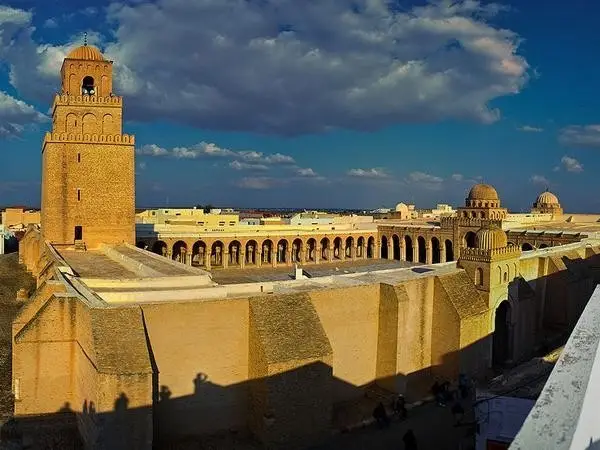The Tunisian government has announced a bold plan to implement 138 projects aimed at accelerating the digital modernization of public administration during 2025–2026. The initiatives, presented at a recent ministerial council, focus on four priority areas: administrative services, digital economy, cybersecurity, and infrastructure development.
A total of 99 projects will modernize administrative services, enabling remote service delivery, improving interconnections across agencies, and strengthening information systems. The digital economy will see 18 initiatives promoting artificial intelligence, e-commerce, digital training, and entrepreneurship. Twelve projects are dedicated to cybersecurity and digital trust, while nine target improved communications infrastructure and expanded network coverage.
Key measures include the rollout of a national and sectoral dashboard for monitoring progress, mandatory mechanisms for inter-administrative data exchange, and the development of electronic payments and financial inclusion platforms. The government also intends to create a unified national portal that consolidates services for citizens, investors, and businesses, alongside a new open data policy to enhance transparency and foster innovation.
Prime Minister Sara Zaafarani Zenzari emphasized that digital transformation is “essential and necessary” rather than optional, aiming to attract investment, simplify administrative procedures, promote business growth, and align Tunisia with international digital trends.
While these plans are highly ambitious, details regarding costs, timelines, and technology partners remain forthcoming. Looking ahead, the government has pledged to develop a unified national vision for digital transformation covering the period 2026–2030.
Tunisia’s strategy underscores its intent to not only digitize government functions but also build trust, improve efficiency, and stimulate economic development through digital tools.















